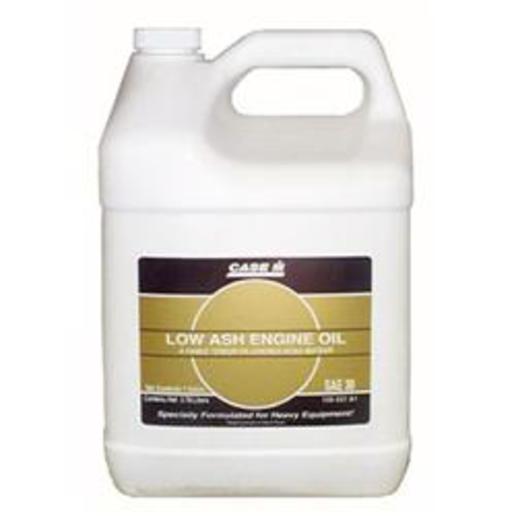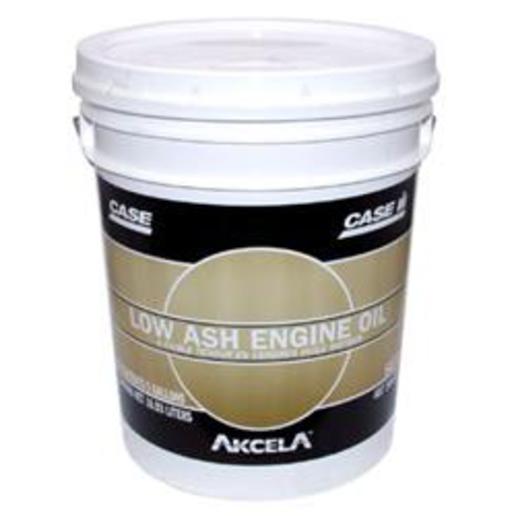littlefarmer
Member
I was wondering if Case-IH branded engine oil (low ash) and HyTran fluid is worth the extra cost over "generic" oil (purchased at the local farm store).
I have a Farmall 656, M, and H tractor. I use them to farm 160 acres, so they do some serious work.
The Case IH oil usually costs extra, but I want to know if the extra cost is worth it.
I have been told the IH oil is made by the same companies that make the oil you buy at the farm supply store.
I have a Farmall 656, M, and H tractor. I use them to farm 160 acres, so they do some serious work.
The Case IH oil usually costs extra, but I want to know if the extra cost is worth it.
I have been told the IH oil is made by the same companies that make the oil you buy at the farm supply store.



